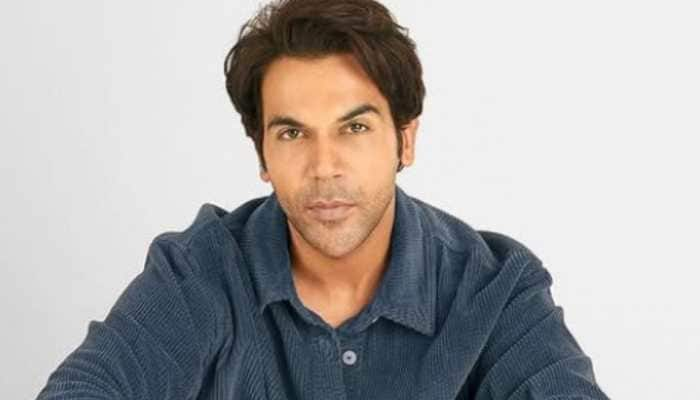Explained: Kejriwal’s Bail Terms – Can Delhi CM Not Sign Files, Attend Office?
Contrary to media reports suggesting Arvind Kejriwal can't sign any files, his counsel, Abhishek Manu Singhvi, clarified that this is not true.
Trending Photos
) Picture source: ANI
Picture source: ANI Delhi Chief Minister and Aam Aadmi Party leader Arvind Kejriwal was released from prison on Friday after being granted bail in the CBI's excise policy case. While the AAP declared him ‘fully empowered,’ the Supreme Court's bail order comes with certain restrictions. According to the apex court, Kejriwal is barred from visiting his office or the Delhi Secretariat. Media reports also suggest he is prohibited from signing any official files.
Can Kejriwal Sign Files
Many media reports suggested that Arvind Kejriwal cannot sign any file, however, Senior lawyer and Arvind Kejriwal's counsel in the liquor policy case, Abhishek Manu Singhvi has clarified that’s not the case.
"There is misinformation going on that he (Arvind Kejriwal) cannot sign any files. Today's order doesn't add a comma or a full stop to the order already passed on July 12 in the PMLA case,” India Today quoted Singhvi.
He added that the order states that Kejriwal does not hold any portfolio and does not sign any files, except for those that need to be sent to the Lieutenant Governor, which he is required to sign.
Shall Not Make Any Public Comments Over
The bail order prohibits Arvind Kejriwal from making any public statements regarding the details of the CBI case. "The appellant shall not make any public comments on the merits of the CBI case, it being sub judice before the trial court. This condition is necessitated to dissuade a recent tendency of building a self-serving narrative on public platforms,” the SC’s order said.
The bench explained that these conditions imposed do not stop the appellant from presenting all his arguments before the trial court.
What Are Additional Conditions
According to the Supreme Court's ruling, Arvind Kejriwal is required to be present at every hearing before the trial court and must fully cooperate to ensure the swift conclusion of the trial proceedings. Additionally, the terms and conditions set by a coordinate bench in the Enforcement Directorate (ED) case will apply to this case with necessary modifications.
“The terms and conditions imposed by a coordinate bench of this court vide orders dated May 10, 2024 and July 12, 2024, are mutatis mutandis (with the necessary changes) in the present case," the bench said.
Stay informed on all the latest news, real-time breaking news updates, and follow all the important headlines in india news and world News on Zee News.
Live Tv







)
)
)
)
)
)
)
)
)
)
